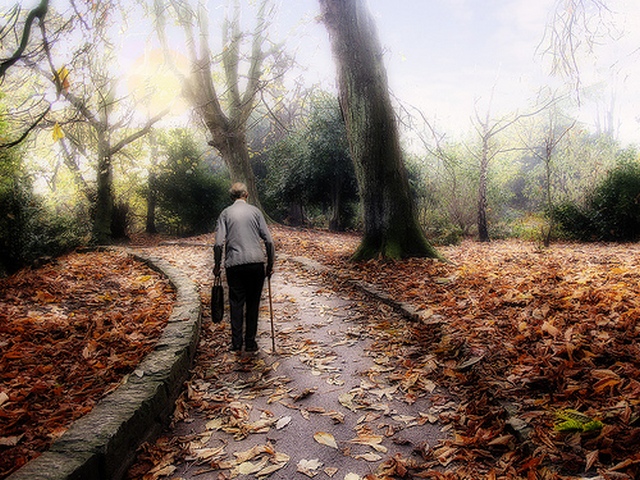UN expert expresses outrage at the attempt to criminalise homelessness in Hungary

One press release attracted my attention and I decided to share with you, even though it is not related with Spain, where I’m living now. But there are many homeless people all over Europe. I’m seeing some of them every day. They are living on the streets with all they have. Many of them seem to be very intelligent. Is life on the street their only choice? Are they an obstacle to others? Is it possible that this choice is a protest against the rules of public life and society now? Or is it just profund poverty?
I introduce to you the position of the UN Special Rapporteur on the right to adequate housing Leilani Farha in relation to the proposed amendment that living in a public space should be considered as a crime in Hungary.
“Hungary’s move to make homelessness a crime is cruel and incompatible with international human rights law, Leilani Farha said. In an open letter sent to the Government of Hungary, she said that the Government’s proposed amendment to the Fundamental Law of Hungary is pushing homeless people into illegality. The proposed amendment would render illegal living in a public space.
“It is absolutely unacceptable that the Government would fail to discharge its duty under international human rights law to address and prevent homelessness and then have the audacity to treat the homeless population in the harshest of ways through fines they obviously cannot pay and the threat of imprisonment. And what is this “crime” they have committed? Merely trying to survive.”
There are currently about 50,000 people in Hungary living in a situation of homelessness, one third of them are estimated to sleep rough while about two thirds are living in emergency shelters. It is reported that there are insufficient emergency shelters to accommodate the entire homeless population in Hungary and that shelters do not conform with either short or long-term housing needs.
The proposed amendment to the Fundamental Law of Hungary is one in a long line of legislative moves aimed at controlling and eliminating the homeless population in Hungary, comprised predominantly of people living in poverty, persons with disabilities, refugees and migrants, and Roma. In November 2012, the Constitutional Court of Hungary deemed such laws unconstitutional. In response, the Fundamental Law of Hungary was amended in April 2013 to again provide authorisation to local governments to penalise the use of public space for habitual residence. And the latest amendment sent to Parliament on 14 June 2018 would make living in a public space generally illegal.
“Should the constitutional amendment be passed, Hungary would not only violate the right to adequate housing as enshrined in the International Covenant on Economic Social and Cultural Rights,” said the Special Rapporteur.
“Removing homeless people from public space by force without providing sufficient short and long term accommodation, and subjecting them to fines or imprisonment may also constitute cruel, inhuman and degrading treatment in contravention of article 7 of the International Covenant on Civil and Political Rights,” underlined the expert.
“I therefore urge the Members of Parliament not to adopt an amendment of the Fundamental Law of Hungary that is obviously incompatible with human rights law,” said the expert.
Ms. Farha recalled that Hungary has committed itself to implement the Sustainable Development Goals, which includes ending homelessness by ensuring by 2030, access for all to adequate, secure and affordable housing.”
What is your point of view?



